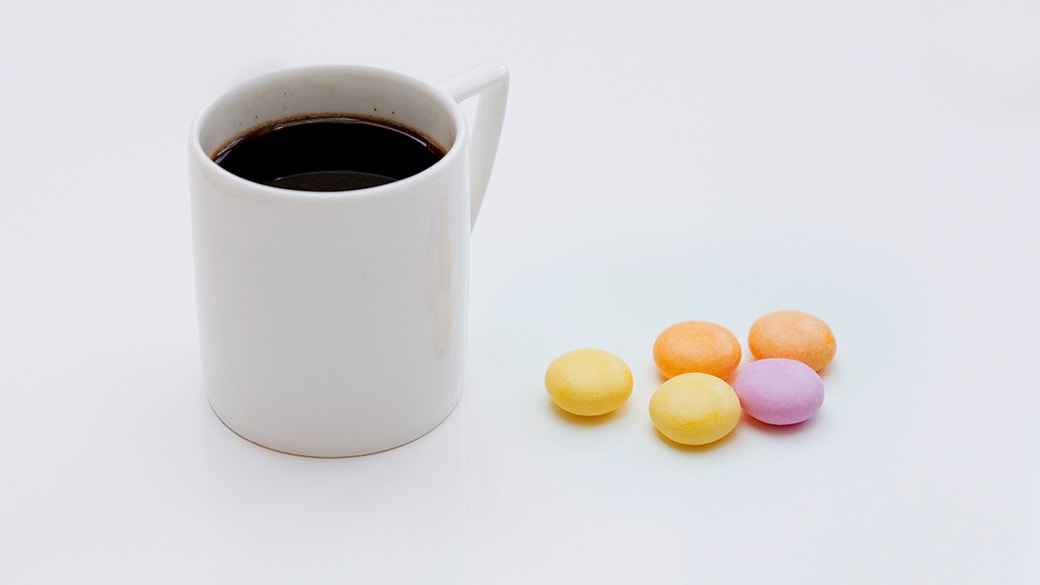In Common Entrance there will be, guaranteed, questions in one or maybe all of the papers on the need for repeating a test, what fair testing means and how you’d go about ensuring things are fair.
From my experience as a 13 Plus tutor and Science teacher, students tend to lump these two very different ideas together and often confuse them, losing valuable (and relatively easy) marks as a result.
Repeated Tests
I have lost count of the number of students who happily respond to the following question..
“Why did they do the test 3 times?” with the bog standard response (they’ve heard the term before and feel it rightfully fits here) “to be fair / for fair testing.”
NO NO NO NO NO…This is WRONG.
Using an investigative idea outside of the typical laboratory based experiments, let’s consider Pikachu, whom being hunted incessantly, wants to do some investigating as to whether the time of day affects the number of successful captures. If he finds patterns from his investigating, he can then adapt his behaviours accordingly and maybe avoid being out in the open at certain times of the day.
So, it’s a Monday and he’s going to tally the number of successful hunts over 24 hours. These are his results:
| Time slot | Number of successful captures |
| 0.00 – 06.00 |
0 |
| 06.00-12.00 |
4 |
| 12.00-18.00 |
7 |
| 18.00- 00.00 |
15 |
According to the results, he can conclude that evening time is the worst time to be out and about (on that particular Monday). However, from this he does not feel confident enough to broadcast this information to all the Pokémon; after all, he has only looked at one day. Maybe these patterns were a fluke and might be very different on another day. To be more certain that this is definitely a pattern he needs to conduct the test again and again and again and again and again. The more times he does it the surer he can be that, yes there is a pattern or actually no, there is no time of day specifically where hunting happens more frequently.
So he does a full week’s worth of observing.
| Mon | Tues | Wed | Thurs | Fri | Sat | Sun | |
| 0.00 – 06.00 |
0 |
1 | 0 | 0 | 1 | 2 |
1 |
| 06.00-12.00 |
4 |
2 | 1 | 4 | 5 | 8 |
12 |
| 12.00-18.00 |
7 |
2 | 4 | 6 | 9 | 10 |
4 |
| 18.00- 00.00 |
15 |
8 | 6 | 11 | 18 | 9 |
3 |
He can see that on every day (except Sunday) the evening slot is the best time for being captured so it does look like there is a general pattern (having repeated the test 7 times). Likewise early morning is definitely the best time for not being captured.
To then get a feel for the ‘rough’ numbers he can take the average for each time slot across the 7 days…Now he’s in a stronger position to broadcast his findings and has some strong evidence for any disbelievers to back it up. However, who’s to say that this wasn’t just a freak week (for whatever reason) and normally, in other weeks, this is not the case? To be sure he would repeat, repeat and repeat some more to be absolutely, 100% sure that his findings are RELIABLE.
So, repeating the test / experiment means the results are more RELIABLE. And this is the word that they are looking for in your answer. The more times it is repeated the more reliable the results.
Fair Testing
Fair testing is a little more tricky to explain. When you conduct an experiment you do the experiment once and then set it up again but this time having altered one thing about it (the variable you think might affect the results) – you are then in a position to compare the results. If you end up with different results between the two tests then the only possible explanation for this difference is because of the variable you changed….
Pikachu, as chief scientist, now investigates if the speed of capture (reaction time) is affected by caffeine (coffee). It is important at this point to know which is the independent variable and which is the dependent variable. If we reword the original aim we could say “does the speed of capture depend on the amount of caffeine?” So what we are measuring is known as the dependent variable (it depends on the independent variable or in this case the amount of caffeine) and what is being changed is the independent variable.
He therefore gets a ‘hunter’ and performs the control test (normal conditions without the variable being tested for). He then performs the test again having given the hunter a cup of weak. The reaction time is quicker which is no surprise. He then continues with a third test and gives the hunter a strong coffee and, because he’s hungry, some sweets. His reaction time is much quicker this time, but can Pikachu be sure that this is purely down to more caffeine? The answer is an emphatic ‘no’. This is now no longer a fair test. He can’t be sure because two things were different in the 3rd test – he had sweets and caffeine. Therefore, we can’t be certain whether it was
- the stronger coffee that led to the quicker time
- the sweets that led to the quicker time or
- a combination of both the sweets and the stronger coffee that led to the quicker time
To be sure we must only give different strengths of coffee and nothing else. If there is a difference in results (assuming all other variables are the same – i.e. weather conditions, the same hunter, the same phone) we can happily put the reason down to the strength of coffee – that was the only thing that was different in the tests that were performed.
Forming a clear picture of these two important (and very different) parts of any Scientific investigation will help you “catch” those valuable marks in your Common Entrance exam!

